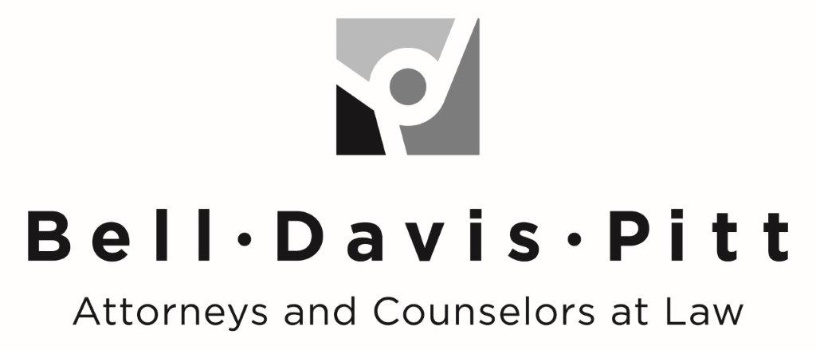Navigating DMCA Enforcement for Content Creators
Friday, March 19, 2021 | By: Ryan M. Gaylord
Enforcement of the Digital Millennium Copyright Act (DMCA) has accelerated over the past year, and copyright holders have actively lobbied for more stringent reforms in the new Congress. In May 2020, streaming platform Twitch began receiving thousands of weekly DMCA notifications, prompting it to abruptly delete significant amounts of archived content without specifically identifying the infringing material. This escalation presents compliance and enforcement risks for smaller content creators and copyright holders alike. By better understanding the nature of the DMCA regime, actively participating in compliance efforts, and monitoring the proposed amendments, content creators can protect their rights in this sharpened playing field.
What does DMCA require from online content platforms?
Online platforms such as Twitch and YouTube must police copyright infringement because DMCA Section 512(c) protects them from copyright liability for content that their users upload, but only if they promptly remove infringing material once it is brought to their attention. DMCA also requires platforms to maintain a policy for addressing repeat infringement, although they have discretion to set the details of that policy.
Compliance with these requirements has been inconsistent. In response to the 2007 Viacom v. Google litigation, YouTube has invested heavily in its Content ID system, which proactively scans for infringing material and allows the rightsholder to either monetize it or block it entirely. Twitch conducts some scanning, but it has also sought to avoid copyright liability by exploring less-targeted measures such as bulk takedowns and sitewide licensing. On the other end of the spectrum, Twitter declines to scan user content and often responds slowly to infringement notifications. The common thread is that platforms are primarily concerned with avoiding their own liability by addressing infringing content in the least intrusive and least expensive means they feel is possible.
How can content creators protect themselves under DMCA?
The current DMCA regime seeks to balance the interests of online platforms and copyright holders, but it poses challenges for streamers, podcasters, musicians, and other content creators. Facing a copyright claim can be costly to the content, the brand, and the community that you’ve spent years developing, so it’s important to know and protect your rights.
First, if you believe the challenged material is non-infringing or fair use, then you should consult an intellectual property attorney for assistance with assessing the matter and filing a counter-notice with the online platform. Under DMCA, successfully responding to a misrepresentative copyright notification may entitle you to damages and attorney’s fees. Alternatively, you can proceed informally by working with your attorney to seek a license for the challenged material or a retraction of the claim, then communicate that information to the platform that received the initial claim.
Of course, small and medium content creators also benefit from protecting the material that they’ve worked hard to produce. Other creators’ misappropriation of your content can make it nearly impossible to reach and benefit from the audience you deserve. Intellectual property counsel can help you register copyrights for your work, negotiate profitable licensing agreements when appropriate, and seek enforcement of your rights when necessary.
What’s next for DMCA enforcement?
Following Senate Judiciary Committee Hearings in June, July, and December 2020, Senator Thom Tillis (R-NC) has released a discussion draft presenting major reforms to DMCA. The draft bill seeks to standardize online platforms’ obligations for the Section 512 liability safe harbor, including specific technical measures and a requirement that they proactively monitor for infringement. Unsurprisingly, many industry groups have applauded this effort as a promising first step, while civil liberties organizations have expressed concern that it might suppress valuable creativity and competition.
The draft bill’s effect on content creators would likely be mixed. The reforms would make it even easier for copyright holders to notify platforms of infringing content, by lowering the specificity with which they must identify the material. On the other hand, the bill expands on the CASE Act’s creation of a small claims tribunal to resolve copyright disputes. This could enable smaller actors to file counter-notices on valid material without risking the costs of full litigation, but only if they have adequate support to navigate the new bureaucracy.






0 Comments